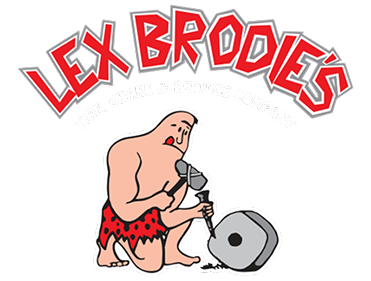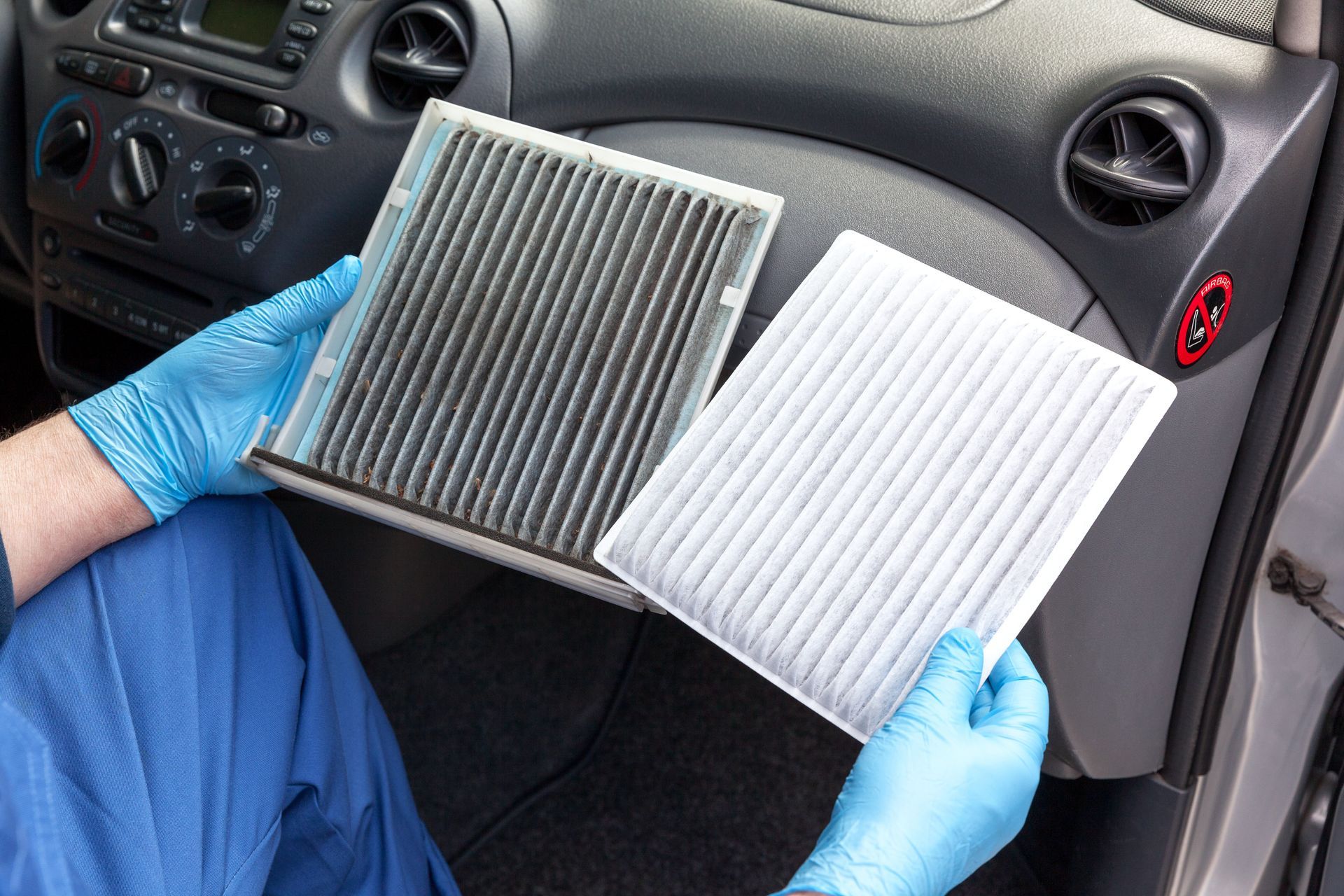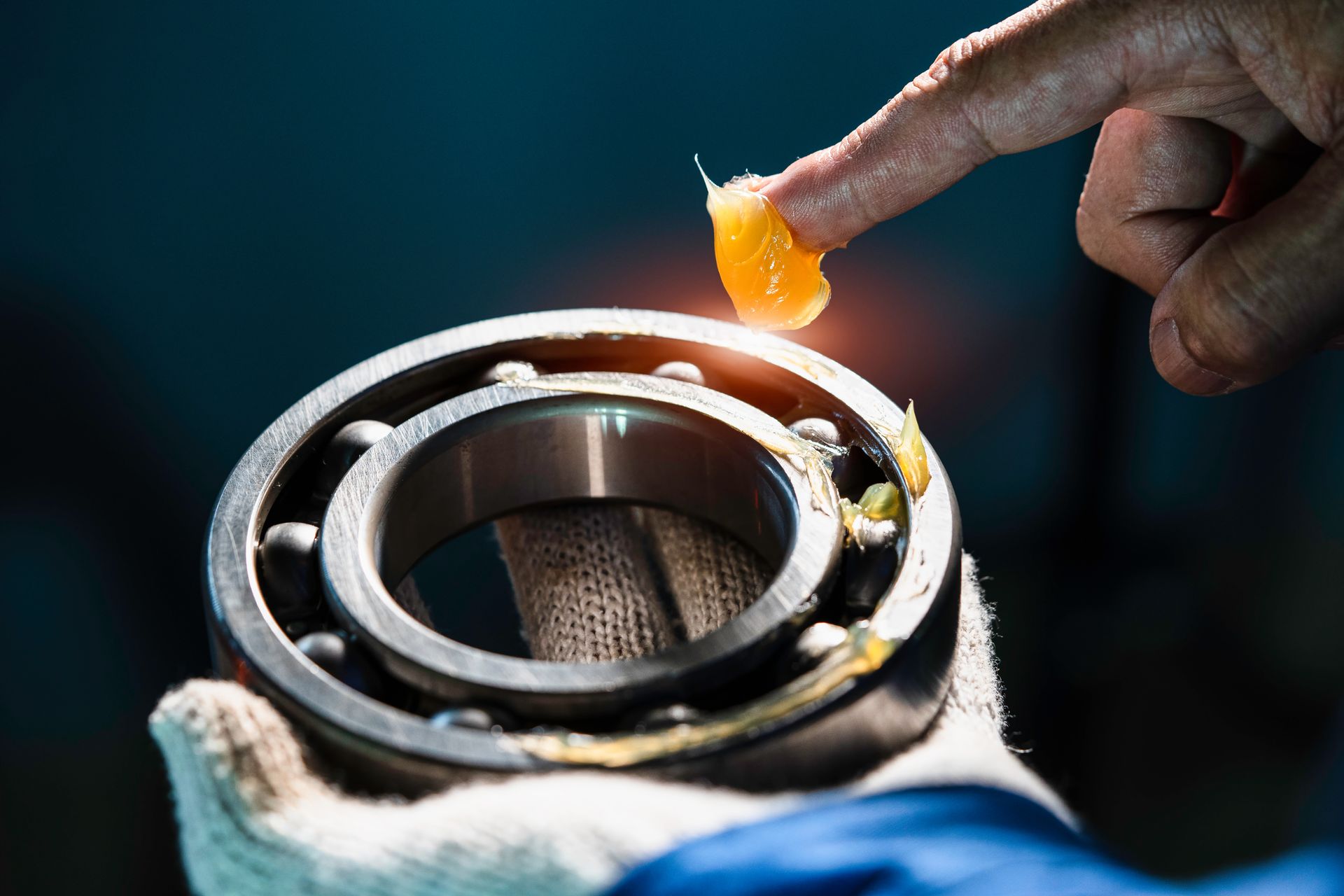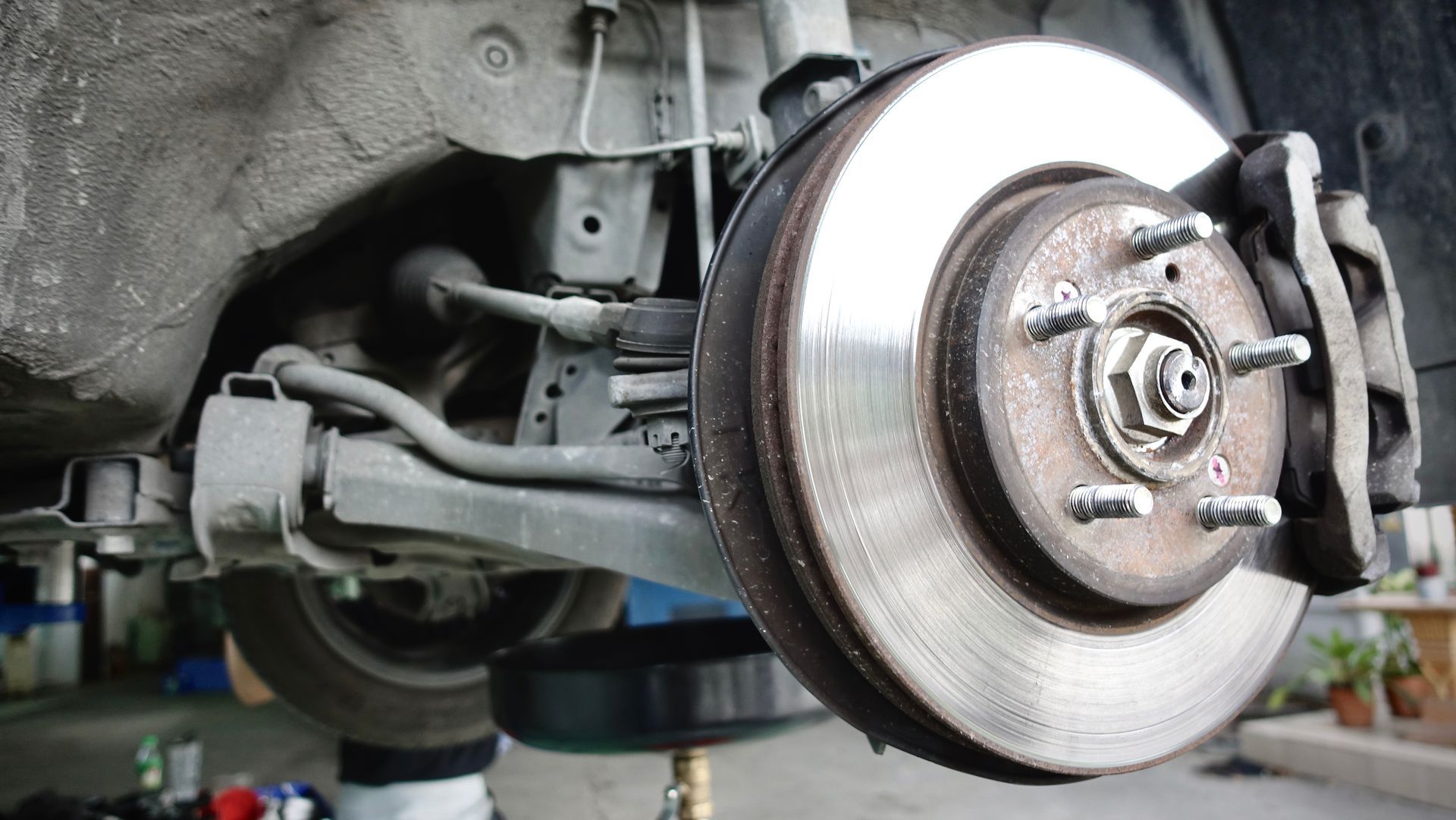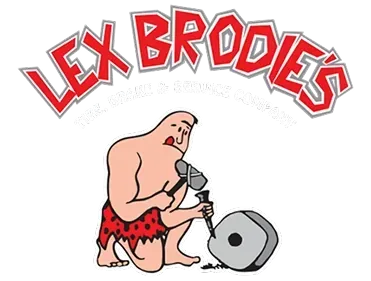What’s the Difference Between a Basic and Full Synthetic Oil Change?
July 25, 2025
Oil changes are one of the simplest and most important ways to protect your engine and keep your vehicle running smoothly. When it’s time for service, you might be presented with different options: a basic oil change or a full synthetic oil change. Understanding the difference between these choices can help you make the best decision for your car and your driving habits.
What Does Engine Oil Do
Before diving into the types of oil, it’s essential to understand why oil is important. Engine oil lubricates the moving parts inside your engine, reducing friction and heat. It also helps remove contaminants and protect against corrosion. Over time, oil breaks down and loses its ability to do these jobs effectively, which is why regular oil changes are necessary.
What Is a Basic Oil Change
A basic oil change usually involves using conventional (mineral-based) oil. This type of oil is refined from crude oil and has been the standard for many years. It provides adequate protection and lubrication for most engines, especially in older vehicles or cars driven under normal conditions.
Conventional oil is often the more affordable option, making it appealing to drivers who want to keep maintenance costs down. However, it typically requires more frequent changes, usually every 3,000 to 5,000 miles, depending on driving habits and manufacturer recommendations.
What Is a Full Synthetic Oil Change
A full synthetic oil change uses oil that is chemically engineered for higher performance. Synthetic oil is designed to offer better lubrication, improved stability in extreme temperatures, and enhanced protection against engine deposits and sludge.
Because of these benefits, synthetic oil usually lasts longer than conventional oil. Many manufacturers recommend oil change intervals between 7,500 and 10,000 miles for vehicles using full synthetic oil, which means fewer trips to the shop.
Key Differences Between Basic and Full Synthetic Oil
While both types of oil serve the same fundamental purpose, they differ significantly in performance and longevity. Synthetic oil resists breaking down under high heat and provides more consistent protection across a wide range of temperatures. This makes it an excellent choice for modern engines, especially those with turbochargers or high-performance designs.
Conventional oil, on the other hand, can be more prone to thickening in cold weather and breaking down faster in hot conditions. If you often drive in extreme temperatures or do a lot of stop-and-go city driving, synthetic oil can offer added peace of mind.
Which Option Is Better for Your Vehicle
Choosing between basic and synthetic oil depends on several factors, including your vehicle type, your driving style, and manufacturer recommendations. Many newer vehicles are designed to run on synthetic oil to meet efficiency and performance standards.
If you drive an older vehicle with a simpler engine design, conventional oil might still be a suitable and cost-effective option. However, if you value long-term engine protection, better performance, and fewer oil changes, full synthetic oil is often worth the investment.
Cost Considerations
One reason some drivers hesitate to choose synthetic oil is the higher upfront cost. A synthetic oil change usually costs more than a conventional one. However, because synthetic oil lasts longer and provides better protection, it can actually save money over time by reducing engine wear and extending intervals between changes.
Additionally, investing in higher-quality oil helps prevent costly repairs down the line, as it keeps your engine cleaner and reduces the risk of damage from heat and friction.
Why Regular Oil Changes Are Necessary
Regardless of which type of oil you choose, sticking to a regular oil change schedule is critical. Delaying oil changes can lead to increased engine wear, decreased fuel efficiency, and potentially severe engine damage. Keeping up with oil service helps maintain your vehicle’s reliability, performance, and resale value.
Checking your oil level periodically and paying attention to warning lights or changes in engine noise are also good habits to adopt. Addressing any issues early ensures your engine continues to run at its best.
Schedule Your Oil Change at LexBrodies in Hawaii
Whether you decide on a basic oil change or opt for the benefits of full synthetic, keeping your oil fresh is one of the best ways to protect your engine. The team at LexBrodies in Hawaii (with locations on multiple islands) can help you choose the right option for your car and ensure the job is done professionally. Schedule your oil change today and keep your engine running smoothly, mile after mile.
- 701 Queen Street Honolulu, HI
- 98-115 Kamehameha Highway Aiea, HI
- 94-169 Farrington Highway Waipahu, HI
- 46-158 Malina Place Kaneohe, HI



